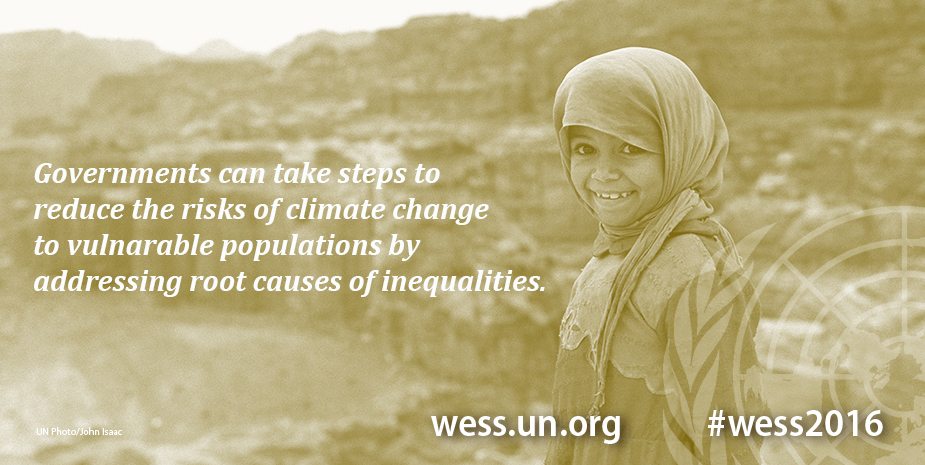
Climate change is exacerbating income inequality worldwide, with low-income households bearing the brunt of its impacts, according to a comprehensive study analyzing climate shocks across various countries. The research, conducted using a Vector Autoregression (VAR) model, highlights the unequal distribution of climate-related economic effects, particularly in hot, low-income countries with significant agricultural sectors.
The study’s findings underscore that climate shocks, such as extreme weather events, are not only a threat to economic output but also a driver of widening income disparities. These shocks disproportionately affect poorer households, worsening inequality in regions least equipped to adapt to the challenges posed by climate change.
Researchers identified climate shocks as those that account for the majority of the variance in climate variables over the long run. By focusing on the frequency domain, the study was able to isolate the impact of these shocks on income distribution across a large cross-country panel. The results indicated that adverse climate events lead to a significant rise in income inequality, with low-income households suffering the most.
The study found that the effects of climate shocks are particularly severe in countries where agriculture plays a central role in the economy. These nations, often characterized by high temperatures and limited resources for adaptation, are more vulnerable to climate-induced disruptions. As agricultural productivity declines due to unfavorable weather conditions, the income gap between wealthy and poor households widens.
In regions heavily dependent on agriculture, even a slight increase in temperature or decrease in rainfall can lead to substantial economic losses. Poorer households, which rely more on agricultural income and have fewer resources to buffer against such shocks, experience a greater decline in their economic well-being. This, in turn, exacerbates existing inequalities, pushing vulnerable populations further into poverty.
The research also highlights the role of adaptation in mitigating the impact of climate shocks on income inequality. Countries with higher levels of adaptation, including investments in resilient infrastructure and diversified economies, tend to experience less severe effects from climate shocks. However, many low-income countries lack the financial and technological resources necessary to implement such measures, leaving them more exposed to the adverse effects of climate change.
As global temperatures continue to rise, the study warns that the distributional effects of climate change are likely to worsen, with significant implications for social and economic stability. The findings call for urgent action to address the root causes of climate-induced inequality, including increased investment in adaptation strategies and targeted support for vulnerable populations.
The unequal distribution of climate change impacts is not a new phenomenon, but this study provides robust empirical evidence linking climate shocks directly to income inequality. By identifying the long-term effects of these shocks on economic disparities, the research offers valuable insights for policymakers seeking to develop more equitable and effective responses to climate change.
With climate change expected to intensify in the coming decades, the study emphasizes the need for a global response that considers the unequal burden it places on different populations. Ensuring that adaptation efforts are inclusive and prioritize the needs of the most vulnerable will be crucial in preventing further widening of income gaps.
The implications of this research extend beyond the immediate economic impacts of climate change. By highlighting the role of climate shocks in exacerbating inequality, the study underscores the interconnectedness of environmental and social challenges. Addressing climate change in a way that promotes equity and justice will require coordinated efforts at both national and international levels, with a focus on building resilience in the most affected regions.
As the world grapples with the multifaceted impacts of climate change, this study serves as a stark reminder that the burden is not shared equally. Without targeted interventions, the economic divide between rich and poor is set to grow wider, further entrenching inequality in a world increasingly shaped by the forces of climate change.
____________________________________
This article first appeared on Greenlogue and is brought to you by Hyphen Digital Network


